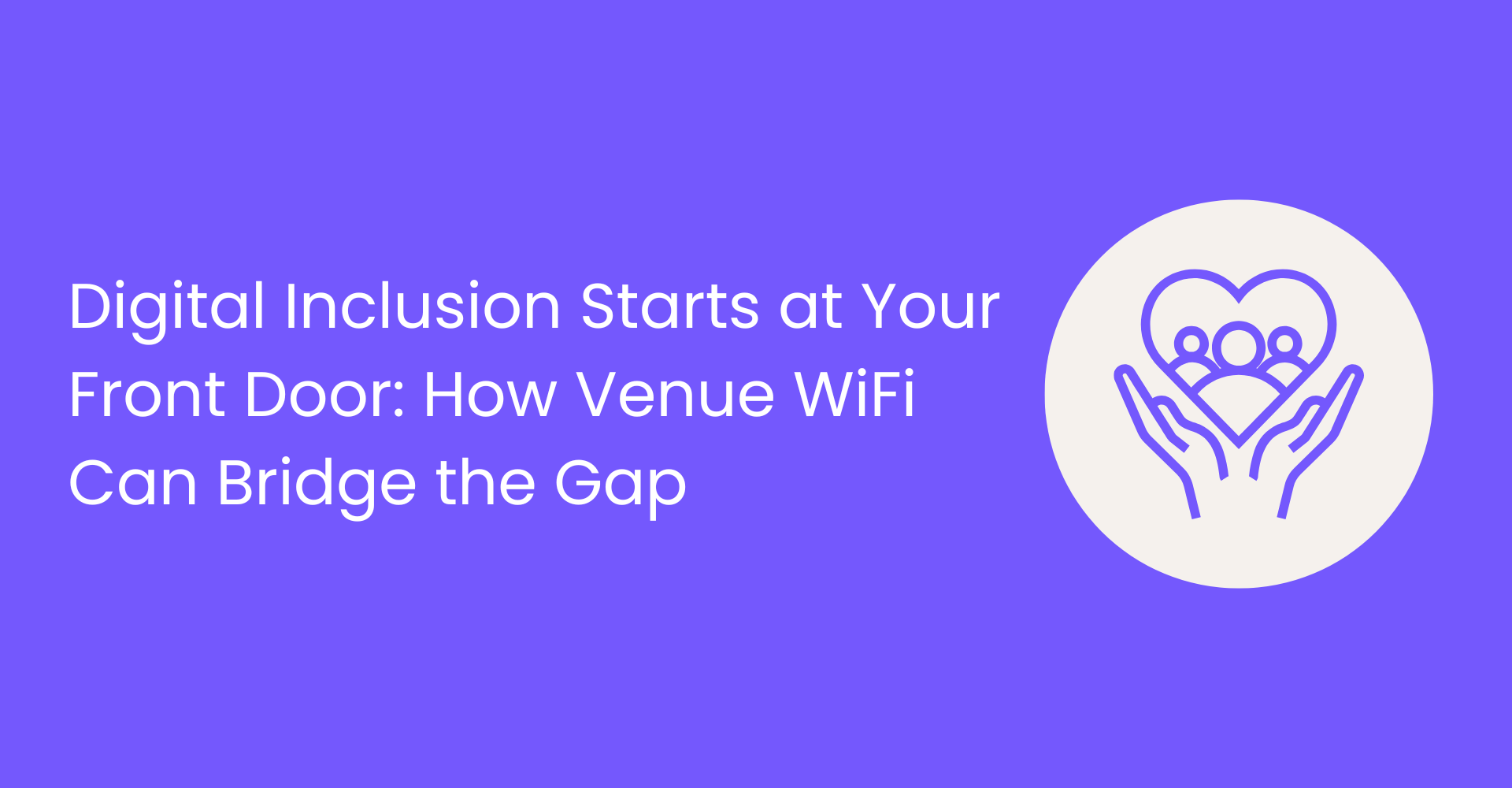MAC Randomization Concerns

Disruption of Device Tracking
Without MAC randomization, individual devices will broadcast a single unique MAC address which can be monitored and allow businesses to track visitor behavior. With randomized MAC addresses, tracked devices would register as new devices with each MAC address change.
Inconsistent Device Identification
A single device registering as a new device with each MAC address change would lead to fragmented data in most analytics suites. And, since this fragmenting can skew the data set, insights from that data can result in misinformed conclusions about visitor behavior. Businesses that rely on visitor analytics to guide marketing or operational decisions could end up with misleading data.
Impact on Long-Term Data Collection
With MAC randomization, businesses lose the ability to track the same device consistently over time. This could result in the fragmenting of trends that would show changes in seasonality. To combat this, businesses can implement alternate forms of tracking or require that users log into a network.
Impact on Network Management
Challenges in Network Troubleshooting
Many IT teams rely on MAC addresses to find issues on devices, track those devices, or monitor overall network performance. If a business relies on MAC addresses for these business functions, the introduction of device updates that include randomized MAC addresses like iOS 18 could increase complexity and businesses may experience longer downtimes or unresolved issues, impacting overall network reliability.
Impact on Network Security Measures
Network security measures are also affected by MAC randomization. Some security protocols depend on static MAC addresses to enforce policies, such as allowing or restricting network access. With randomization, an authorized device might not be recognized which can lead to connection issues.
Malicious parties could also use MAC randomization to avoid restrictions imposed on their flagged MAC addresses. With the MAC Randomization updates in iOS 18, security strategies may need to include proper management to mitigate similar and potential security issues.
iOS 18 and MAC Randomization Will Change How You Manage Network Security and Privacy
MAC Randomization is going to change public WiFi.
As devices rotate MAC addresses, networks could strain, analytics could fragment, and guests will likely drop due to a host of factors
Privacy vs. Operational Needs
Privacy Enhancements vs. Business Requirements
MAC randomization is generally used to help consumers gain more privacy on their devices by negating MAC address tracking across networks. Though this is favorable for consumers and their growing privacy concerns, it poses new challenges for businesses that rely on MAC address tracking for consumer insights.
Conflicts in Compliance
Randomized MAC addresses can help businesses reduce the amount of personal data they collect. Alternatively, inconsistent device tracking can complicate compliance in situations where precise tracking is necessary for legal or contractual obligations.
Service Quality and User Experience
MAC randomization could potentially affect some personalized business functions like automatic guest WiFi connections. Many businesses use MAC addresses to authenticate return visitors to simplify the login process. Randomized MAC addresses would cause the visitor device to register as a new device. This can result in connection disruptions and cause guests a host of seemingly minor inconveniences such as having to log in repeatedly.
Challenges in Asset Tracking
Increased Complexity
Businesses that track laptops, tablets, or other network devices could find it difficult to maintain accurate inventory. MAC randomization means devices can register as different devices over time which complicates the tracking procedure over extended periods.
Decreased Accuracy
MAC randomization can affect the accuracy of tracking devices and can result in lost devices, false duplicates, or other data inconsistencies. Businesses that rely on precise tracking could experience operational losses due to MAC randomization.
Strategies to Mitigate Concerns
Alternative Identification Methods
To mitigate MAC randomization issues regarding tracking, businesses can adopt alternative identification methods that don't rely on MAC address tracking. Device fingerprinting, which combines identifiers like browser type, screen resolution, and operating system can create a unique identifier that can be used to track devices without MAC addresses.
Additionally, captive portals and other solutions requiring users to log in through a portal or app, can help businesses track devices without completely relying on MAC addresses. This could improve tracking accuracy and security only allowing authenticated devices access to a network.
iOS 18 and MAC Randomization Will Change How You Manage Network Security and Privacy
MAC Randomization is going to change public WiFi.
As devices rotate MAC addresses, networks could strain, analytics could fragment, and guests will likely drop due to a host of factors





.png)
.png)





